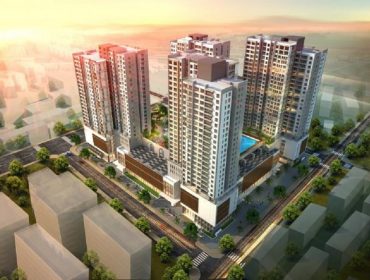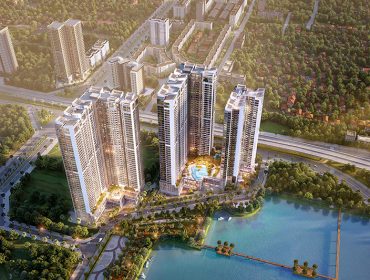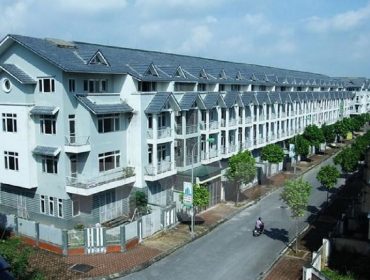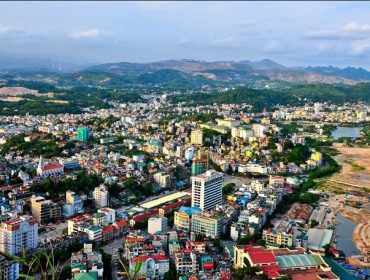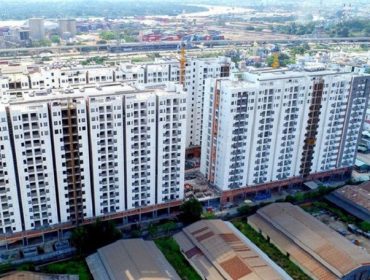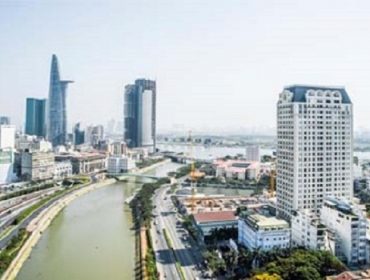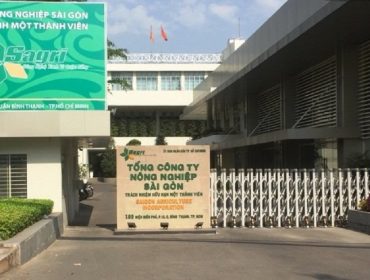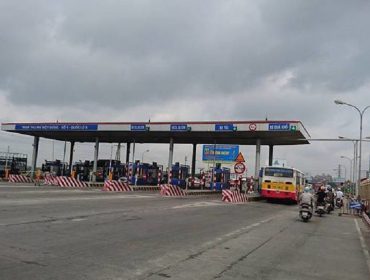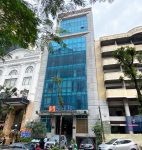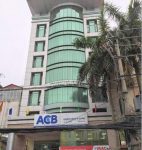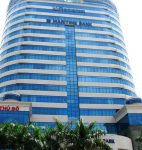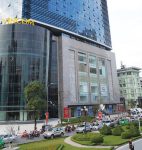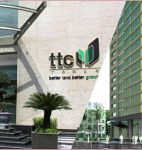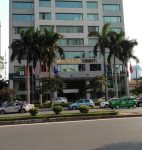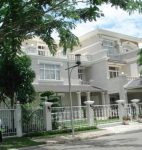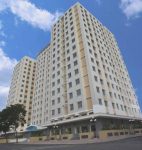Hotline:
(+84) 898 898 688Capital Tightening Of Banks To Invest In Housing
Investment interim real estate is a new investment trend of investors in Vietnam. Not only housing investors but banks finance companies, credit funds also jump into investment home loans.
They give individuals, organizations, companies, corporations wishing to borrow money to buy a house to make a profit. What is the state of the banking investment flows and the control of the risks encountered in the home loan portfolio of banks? Let’s find out in this article.
The current state of capital inflows of banks into housing loans
After the financial crisis of 2006-2007, until 2012, the property market of our country will show signs of warming up and attract investment from many sides.
Until the beginning of 2013, capital inflows into investment interim real estate, land and housing loans rose sharply and came from various sources such as remittances, FDI and ODA. The weak is still from commercial banks.
Recognizing the benefits of home loan loans, banks “clear” credit channels, clearing legal “corridors” to help investors with the need to buy houses to collect high-interest rates.
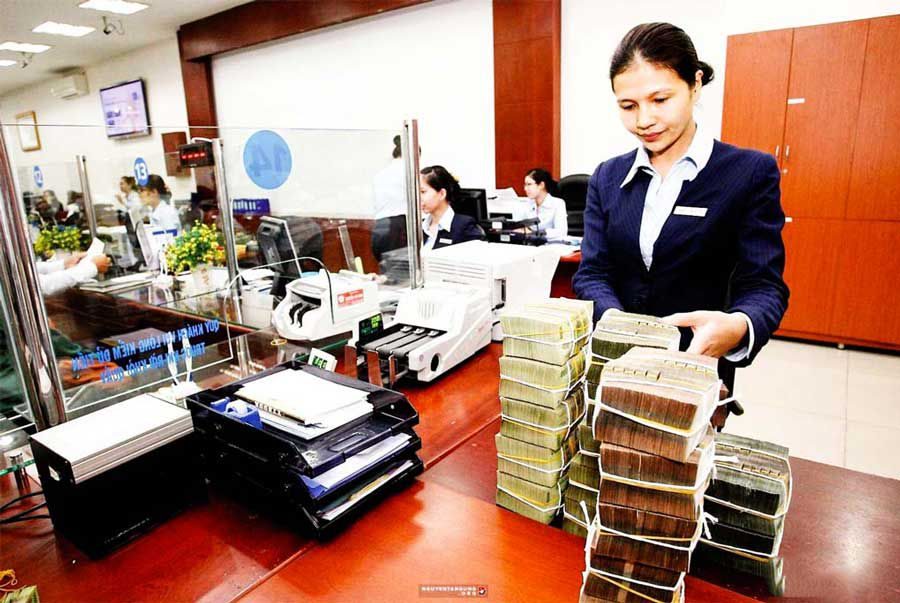

Banks make up over 60% of home loans
In fact, the interest rates of banks for home or real estate loans are usually two to three times higher than those of conventional mortgages or mortgages. Remains of the economic crisis together with the bad debt group urge commercial banks to call for a mortgage loan.
Specifically, in 2016, ACB has mobilized more than VND 6,000 billion, accounting for nearly 60% of the bank’s outstanding loans for home loans. Vietcombank, Eximbank and HDbank also plan to increase their investment in home loans.
It can be said, real estate business and real estate trading in our country are now active and exciting achievements achieved remarkably. Banks always have strict capital controls. However, the fact that banks for the benefit of homebuyers bring about neglect and more “liberal” in lending is not without.


The bank facilitates home loans
In fact, until early 2017, outstanding loans for real estate loans and real estate investment of banks amounted to VND 170 trillion, accounting for more than 10% of total outstanding loans of Ho Chi Minh City. This is considered to be the highest outstanding of all outstanding loans of the city.
Controlling the bank’s home loan portfolio
Withdrawal of experience from the investment loan to buy a home, borrow money to buy a property before, commercial banks also have many measures to control the flow of loans to buy housing to avoid risks.
Investment options
In order to reduce the undue risks from home loan loans or mortgage loans, banks now only accept and encourage home loans (home, home apartment buildings, condominium projects, etc.).
You can read more information at Vietnam Real Estate Market


Banks are choosing to invest more carefully
The selection of legally enforceable transparency and legally enforceable projects helps banks to be more reliable in the home loan portfolio. On the one hand, it is still profitable to lend to the other side if the project is at risk or if problems arise, the bank can still recover the capital by liquidating the property.
Control of long and medium-term loans
If before the year 2016 commercial banks mobilize more than 60% of total short-term capital for long-term and medium-term home purchase loans. Then in 2017, this capital has shrunk to no more than 50% and the forecast in 2018 will be from 30-40%.
Banks are minimizing short-term capital mobilization to ensure that the financial resources are always circulated, avoiding the loss of investment in housing loans and ensuring a stable source of capital for effective banking operations…
Select a home loan investor
The bank’s careful consideration of the criteria and selection of potential investors for affordable housing loans is also an effective way of controlling capital flows.
Because the objects invested by investment banks are usually on both sides of supply and demand. In case, these two objects shake hands with each other, the loan bank’s capital will become a “bubble” investment.


Choosing the right mortgage loan beneficiaries
On the other hand, when an investor borrows money from a bank to buy a home, the loan is too big to make it difficult for them to pay interest, directly affecting the bank’s operations.
The housing market in particular and the property market, in general, is always unpredictable. From past failures, commercial banks need to be more strategic and cautious in investing in mortgage loans. The necessary caution is both profit and risk minimized to help banks control the flow of investment in a stable manner.
You are reading the article “Capital Tightening Of Banks To Invest In Housing” in the section “Real Estate News” on the website: realestatevietnam.com.vn. All information sharing, feedback please email to contact.vietnamrealestate@gmail.com, Hotline (+84) 898 898 688 (24/7).
Thank you!

